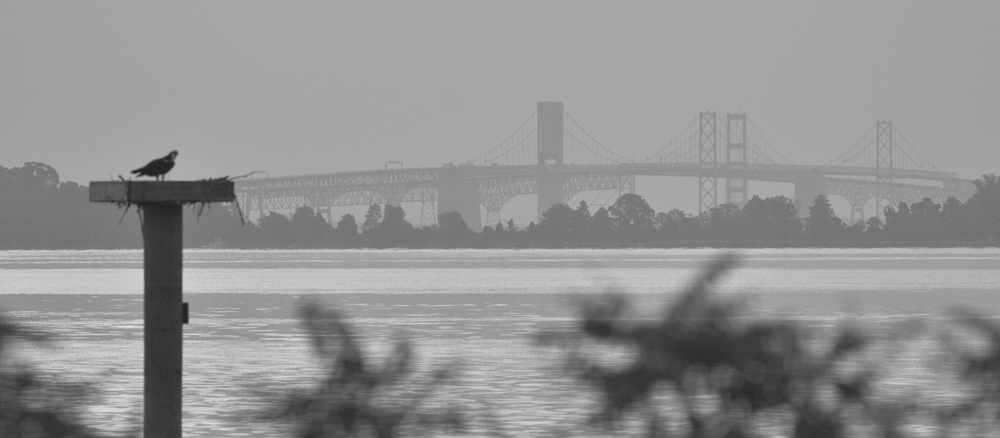The weatherman was calling for “AM Snow” last night, so I was pleased to see a little sunshine around 9:00, and I headed out to Thomas Point to take advantage of it. I’ve been sticking close to home lately to save a little time and gas money, and it’s working out well so far.
I got a distant image of the Bald Eagle who eluded me yesterday, and I was very pleased to find a pair of Gadwalls, a duck I’ve only seen once before. After finding very few more birds, I headed over to Quiet Waters and found a few nice ducks.

From Wikipedia:
“The Gadwall breeds in the northern areas of Europe and Asia, and central North America. In North America, its breeding range lies along the Saint Lawrence River, through the Great Lakes, Alberta, Saskatchewan, the Dakotas, south to Kansas, west to California, and along coastal Pacific Canada and southern coastal Alaska.[2][4] The range of this bird appears to be expanding into eastern North America. This dabbling duck is strongly migratory, and winters farther south than its breeding range, from coastal Alaska, south into Central America, and east into Idaho, Kansas, Ohio, Virginia, and then south all the way into Central America.[2][4] Its conservation status is Least Concern.[1]

There was an early Osprey reported at Quiet Waters yesterday, but I didn’t find it. I settled for this pair of Red Breasted Mergansers.

Wikipedia:
“The Lesser Scaup (Aythya affinis) is a small North American diving duck that migrates south as far as Central America in winter. It is colloquially known as the Little Bluebill or Broadbill because of its distinctive blue bill. The origin of the name scaup may stem from the bird’s preference for feeding on scalp – the Scottish word for clams, oysters, and mussels, however, some give it credit to the female’s discordant scaup call as the name’s source.[1] It is apparently a very close relative of the Holarctic Greater Scaup or “bluebill” (A. marila), with which it forms a superspecies.[2]”












